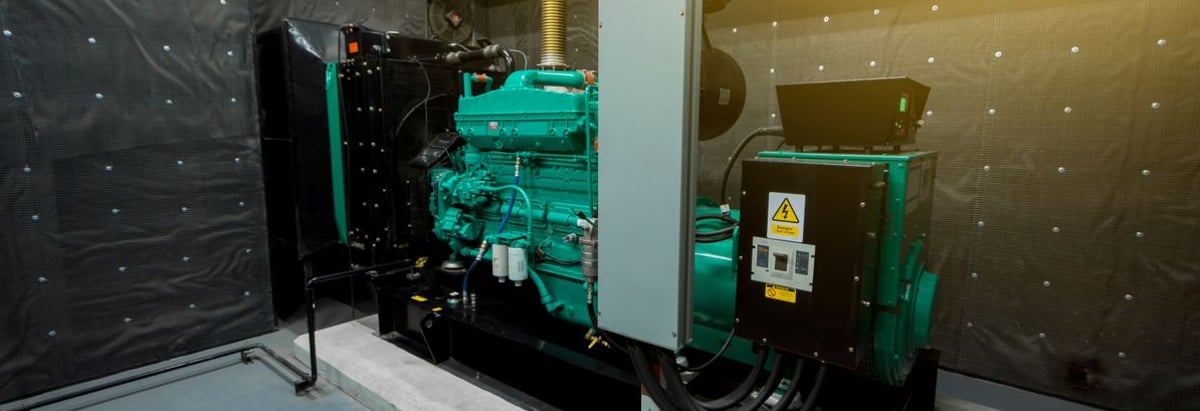Stock Analysis
- India
- /
- Electrical
- /
- NSEI:TRITURBINE
Market Participants Recognise Triveni Turbine Limited's (NSE:TRITURBINE) Revenues Pushing Shares 26% Higher

Triveni Turbine Limited (NSE:TRITURBINE) shares have continued their recent momentum with a 26% gain in the last month alone. The annual gain comes to 103% following the latest surge, making investors sit up and take notice.
After such a large jump in price, Triveni Turbine's price-to-sales (or "P/S") ratio of 14.6x might make it look like a strong sell right now compared to other companies in the Electrical industry in India, where around half of the companies have P/S ratios below 3.8x and even P/S below 1.5x are quite common. Nonetheless, we'd need to dig a little deeper to determine if there is a rational basis for the highly elevated P/S.
Check out our latest analysis for Triveni Turbine
What Does Triveni Turbine's P/S Mean For Shareholders?
With revenue growth that's superior to most other companies of late, Triveni Turbine has been doing relatively well. The P/S is probably high because investors think this strong revenue performance will continue. However, if this isn't the case, investors might get caught out paying too much for the stock.
Keen to find out how analysts think Triveni Turbine's future stacks up against the industry? In that case, our free report is a great place to start.What Are Revenue Growth Metrics Telling Us About The High P/S?
In order to justify its P/S ratio, Triveni Turbine would need to produce outstanding growth that's well in excess of the industry.
Taking a look back first, we see that the company grew revenue by an impressive 28% last year. The strong recent performance means it was also able to grow revenue by 141% in total over the last three years. Accordingly, shareholders would have definitely welcomed those medium-term rates of revenue growth.
Looking ahead now, revenue is anticipated to climb by 21% per annum during the coming three years according to the eight analysts following the company. Meanwhile, the rest of the industry is forecast to only expand by 18% each year, which is noticeably less attractive.
With this information, we can see why Triveni Turbine is trading at such a high P/S compared to the industry. Apparently shareholders aren't keen to offload something that is potentially eyeing a more prosperous future.
What Does Triveni Turbine's P/S Mean For Investors?
Triveni Turbine's P/S has grown nicely over the last month thanks to a handy boost in the share price. Using the price-to-sales ratio alone to determine if you should sell your stock isn't sensible, however it can be a practical guide to the company's future prospects.
As we suspected, our examination of Triveni Turbine's analyst forecasts revealed that its superior revenue outlook is contributing to its high P/S. It appears that shareholders are confident in the company's future revenues, which is propping up the P/S. It's hard to see the share price falling strongly in the near future under these circumstances.
Before you take the next step, you should know about the 1 warning sign for Triveni Turbine that we have uncovered.
It's important to make sure you look for a great company, not just the first idea you come across. So if growing profitability aligns with your idea of a great company, take a peek at this free list of interesting companies with strong recent earnings growth (and a low P/E).
Valuation is complex, but we're here to simplify it.
Discover if Triveni Turbine might be undervalued or overvalued with our detailed analysis, featuring fair value estimates, potential risks, dividends, insider trades, and its financial condition.
Access Free AnalysisHave feedback on this article? Concerned about the content? Get in touch with us directly. Alternatively, email editorial-team (at) simplywallst.com.
This article by Simply Wall St is general in nature. We provide commentary based on historical data and analyst forecasts only using an unbiased methodology and our articles are not intended to be financial advice. It does not constitute a recommendation to buy or sell any stock, and does not take account of your objectives, or your financial situation. We aim to bring you long-term focused analysis driven by fundamental data. Note that our analysis may not factor in the latest price-sensitive company announcements or qualitative material. Simply Wall St has no position in any stocks mentioned.
About NSEI:TRITURBINE
Triveni Turbine
Manufactures and supplies power generating equipment and solutions in India and internationally.

